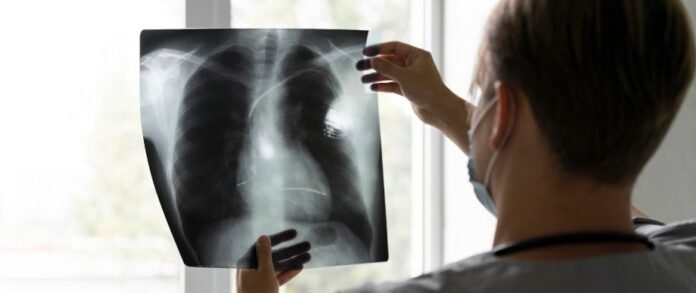The first signs of winter often bring a sense of relief — cooler days, cozy sweaters, and warm cups of tea. But behind the comfort of the season lies a danger we rarely talk about. As the air turns colder and pollution thickens, our lungs are forced to fight harder. Among the many illnesses that resurface each winter, pneumonia remains one of the most silent yet deadly.
World Pneumonia Day, observed every year on November 12, is a reminder that this preventable disease still takes millions of lives, especially among children, older adults, and those whose immune systems are already weak. Though pneumonia is both treatable and avoidable, it continues to thrive in places where pollution, lack of awareness, and delayed medical attention come together.
Pneumonia isn’t just a simple infection of the lungs. It’s an inflammation that fills the air sacs with fluid or pus, making it difficult for oxygen to reach the blood. What makes it tricky is that its early symptoms — fever, cough, tiredness, and shortness of breath — often resemble a seasonal flu. Many people ignore the signs until the condition becomes severe.
Medical experts explain that bacteria like pneumococcus are among the most common causes of pneumonia. The illness can be cured if detected early, and modern vaccines have made it easier to prevent serious infections. Yet, too often, people overlook the importance of timely care and vaccination until the disease has already taken hold.
In India, the risk becomes even greater during the winter months. As smog settles over cities and temperatures drop, pneumonia cases begin to rise. The polluted air doesn’t just irritate the lungs — it weakens their natural defenses, making it easier for germs to attack. Doctors note that people who already have breathing problems, or those who are older, become especially vulnerable during this time.
Experts continue to emphasize that vaccination remains one of the most effective ways to protect against severe pneumonia. Along with vaccines, maintaining clean air, avoiding smoking, and keeping good hygiene habits play a big role in prevention. Eating nutritious food, getting enough rest, and staying active all help build stronger immunity too.
Pneumonia may not shout for attention, but it quietly reminds us how fragile our health can be in polluted, cold air. As winter deepens, a little awareness — and a few simple precautions — can make the difference between sickness and safety.



